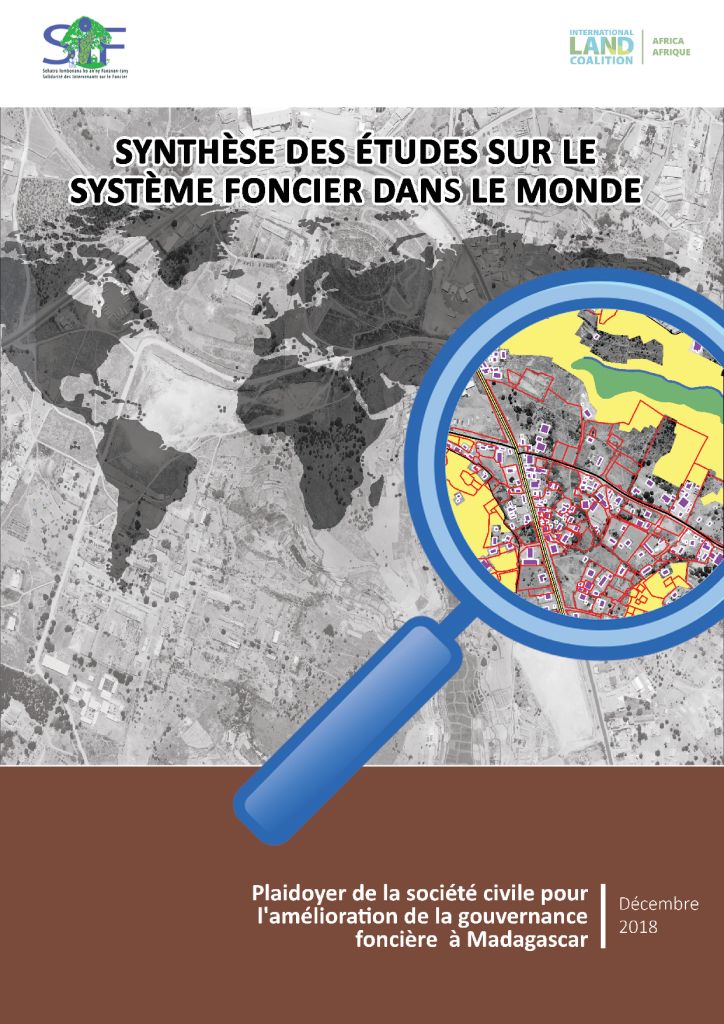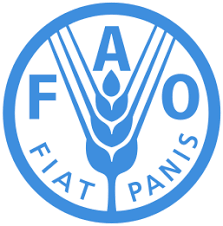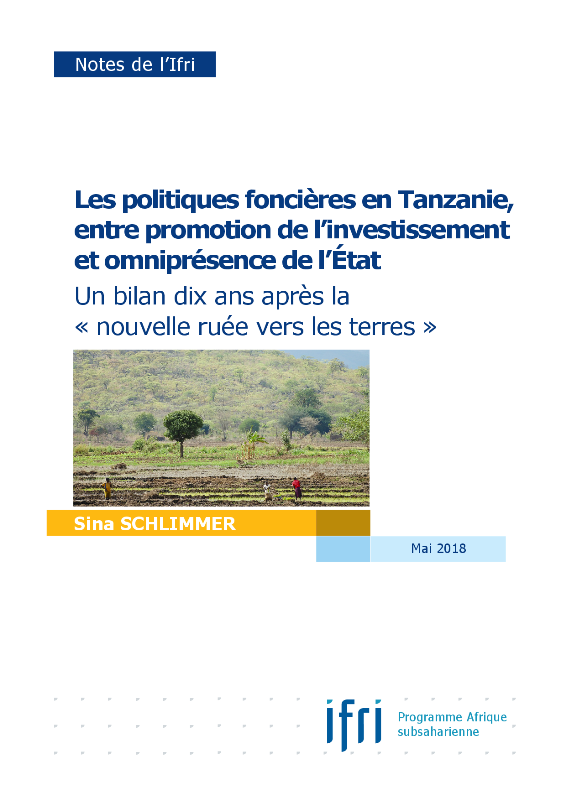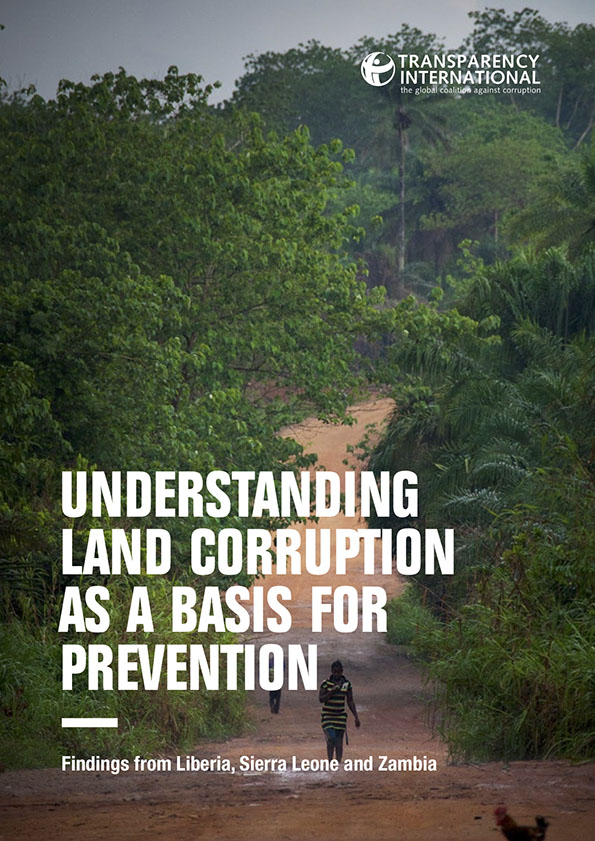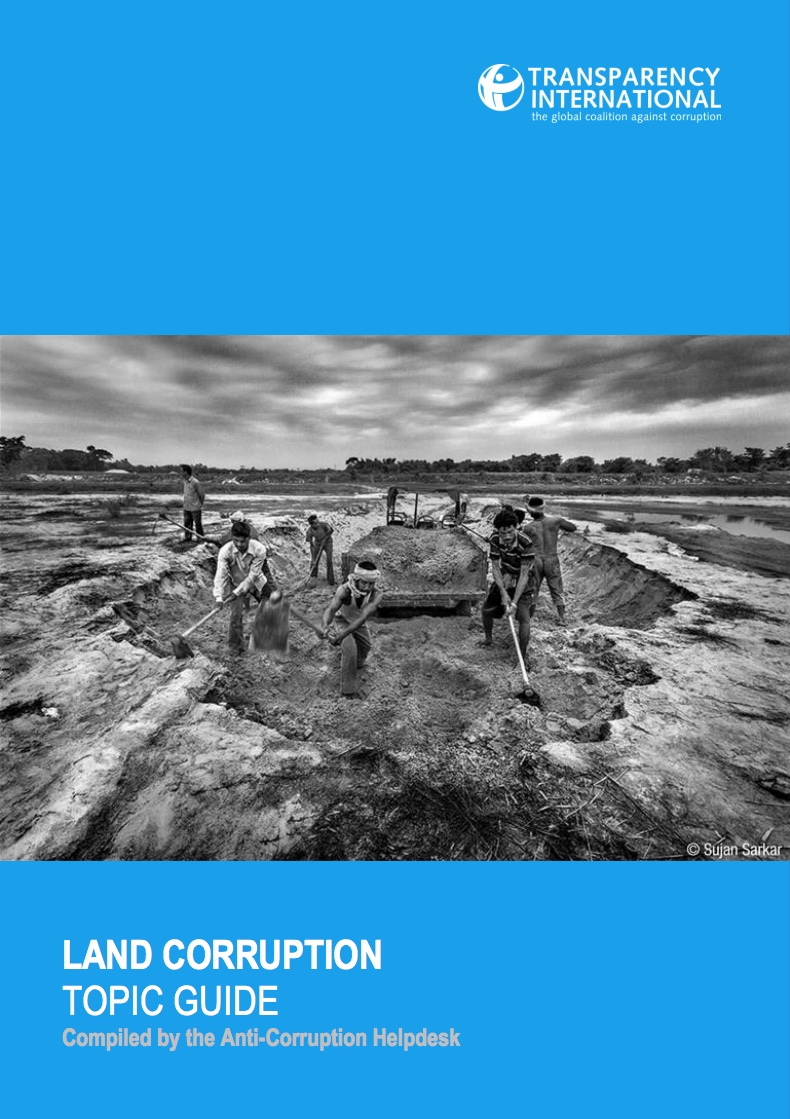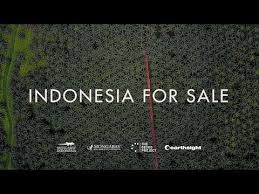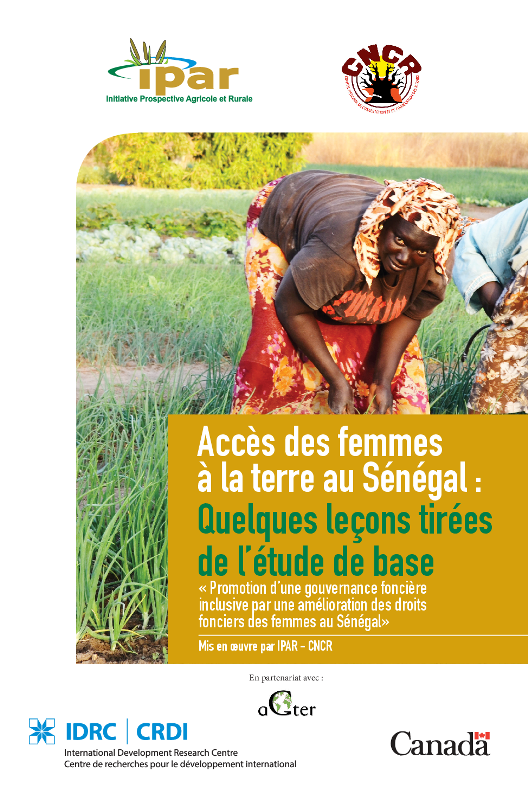Synthèse des études sur le système foncier dans le monde
Date: 2018
Source: Foncier & Développement
Produit par la plateforme des organisations de la société civile oeuvrant dans le foncier à Madagascar et en collaboration avec l’International Land Coalition, ce document présente une synthèse des études sur le système foncier dans de nombreux pays.

